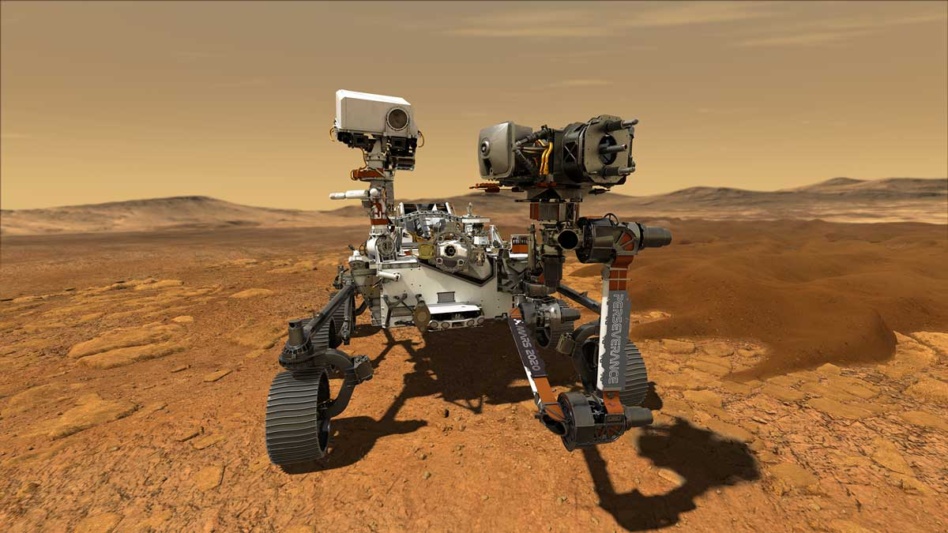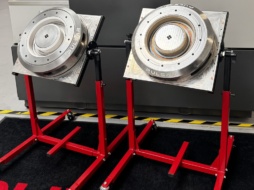There’s been a changing of the robotic guard responsible for bringing samples of Mars rocks back to Earth. Perseverance and a pair of Ingenuity-esque helicopters will now play a greater role in ferrying the samples back home.
Mars sample return: NASA and ESA have together hatched a plan to bring samples of Mars rock back home by 2033. The Perseverance rover has been neatly sealing up samples on its journey through the Jezero Crater to send to Earth, where scientists will be able to study actual material from Mars for the first time.
There are a lot of moving parts (and possible points of failure) when it comes to bringing anything home from Mars. First, the samples aboard Perseverance must be transferred to the Sample Retrieval Lander, which will host the Mars Ascent Vehicle (MAV).
MAV will then launch into Mars orbit, where the Earth Return Orbiter will be waiting to receive the samples. The orbiter will make the long journey back to Earth and release an entry capsule that NASA and ESA will collect once it touches down. No big deal.
The handoff: The space agencies’ changes will occur before the samples ever leave the Red Planet. The prior version of the sample return mission included a second, smaller rover that would land with the Sample Retrieval Lander, go on a Martian road trip to meet Perseverance, secure the rocks, and bring them back. But Perseverance has proven its efficacy up there, and now the plan is for the old, staid rover to do the work itself.
Two new Mars helicopters, inspired by Ingenuity, will accompany the lander as a backup plan if Perseverance can’t make the journey.




